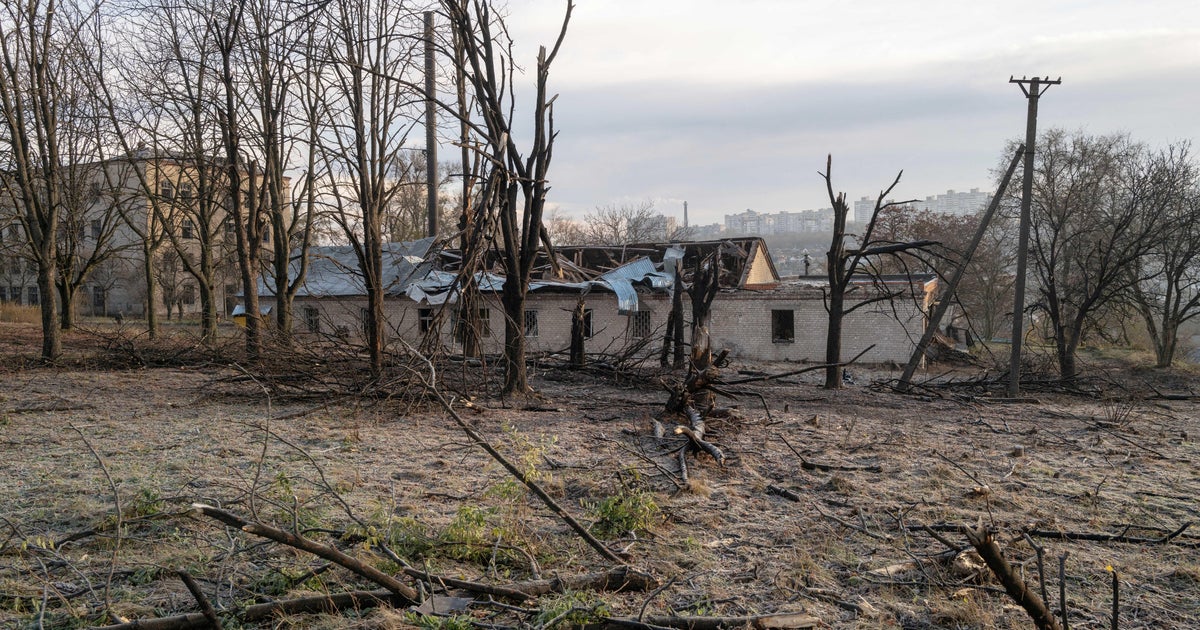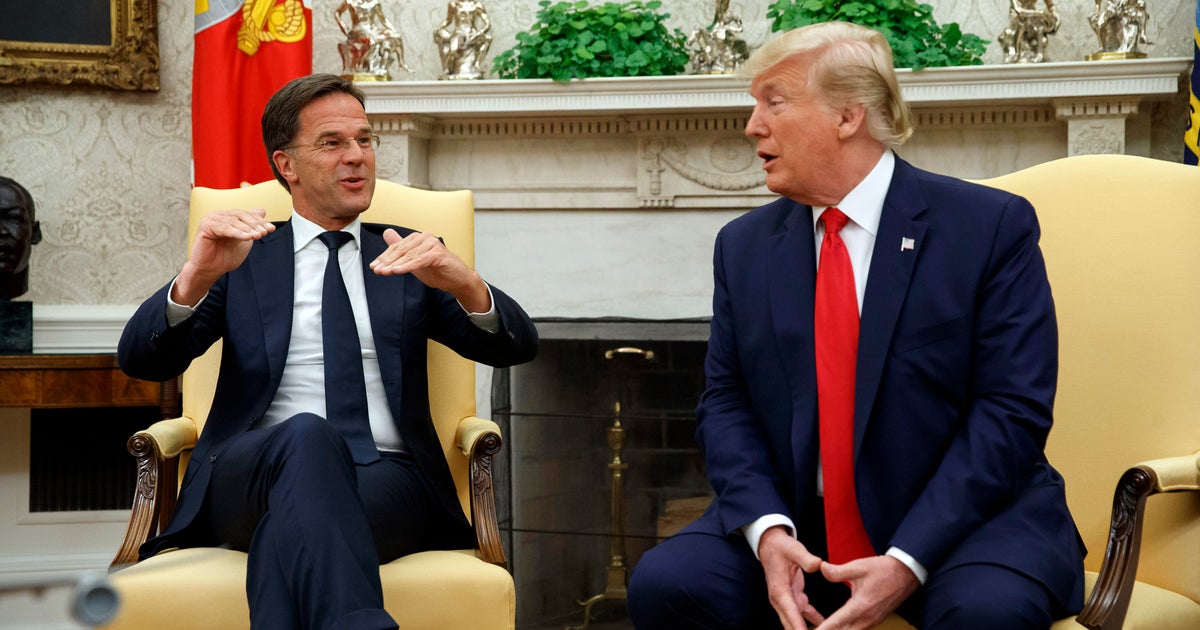4 International Space Station crew members undock, head for Tuesday splashdown in Gulf of Mexico
A SpaceX Crew Dragon ferry ship carrying four long-duration crew members undocked from the International Space Station on Monday, setting the stage for re-entry and splashdown early Tuesday to wrap up a 199-day mission.
NASA commander Jasmin Moghbeli, European Space Agency astronaut Andreas Mogensen, Japanese flier Satoshi Furukawa and Russian cosmonaut Konstantin Borisov separated from the upper port of the station's forward Harmony module at 11:20 a.m. EDT as the two spacecraft sailed 265 miles above the Pacific Ocean near Hawaii.
"I'm very sad to be leaving the station, but I would like to take this opportunity to thank everyone," Moghbeli, a Marine combat helicopter pilot, said Sunday. "You know, there are a few of us on board, but there's an entire international team on the ground throughout the world that makes this possible.
"To our friends and families, they bear the burden of what we do up here, leaving for half a year. So thank you to everyone."
The Crew Dragon was expected to follow a fiery northwest-to-southeast trajectory across the heartland of America, splashing down in the Gulf of Mexico off the coast of Florida, at 5:50 a.m. Tuesday. SpaceX recovery crews were deployed to the splashdown zone to await the arrival of Crew Dragon Endurance. Good weather was expected.
Launched last Aug. 26 from the Kennedy Space Center, Moghbeli's crew will have completed 3,184 orbits and traveled 84.4 million miles at splashdown. Along with a full slate of research, Moghbeli and Soyuz crewmate Loral O'Hara also carried out a spacewalk last November.
"This is something I've dreamed about since I was a child, and I was afraid I would get up here and might be disappointed and it wouldn't live up to my expectations, but the international partnership we have up here and the space station are just incredible. It's an indication of what we can do when we work together," Moghbeli said.
Borisov agreed that leaving the station was "a bittersweet moment."
"We have been here for over six months, but the time has flown very fast, and it's time to get back, and it's a little bit sad," he said. "But I'm really happy that we have done all the work which we planned to do. The station is working just fine, all the experiments are going and we know that we are handing over to a great team."
Crew 7's replacements — Crew 8 commander Matthew Dominick, co-pilot Michael Barratt, Jeanette Epps and cosmonaut Alexander Grebenkin — were launched to the station March 3, briefly boosting the lab crew to 11. With Crew 7's departure, the lab is now staffed with the four Crew 8 fliers along with Soyuz commander Oleg Kononenko, cosmonaut Nikolai Chub and NASA's O'Hara.
Launched last September aboard the Soyuz MS-24/70S ferry ship, Kononenko and Chub are midway through a yearlong mission, and they will need a fresh Soyuz for the trip back to Earth next September.
On March 21, the Soyuz MS-25/71S spacecraft will be delivered to the space station by cosmonaut Oleg Novitskiy, Belarus guest cosmonaut Marina Vasilevskaya and NASA astronaut Tracy Dyson. Novitskiy, Vasilevskaya and O'Hara will return to Earth on April 2 using the same Soyuz that carried Kononenko, Chub and O'Hara to the station last year.
Kononenko, Chub and Dyson will use the Soyuz delivered by Novitskiy for their trip home in September.
During a change-of-command ceremony Sunday, Mogensen, the outgoing commander of Expedition 70, turned the station over to Kononenko. On April 2, when Novitskiy, Vasilevskaya and O'Hara depart, Expedition 71 will begin.
"We wish you the best of luck," Moghbeli radioed the station crew as Crew 7 departed. "For those staying on board on Expedition 71, we hope (it's as) filled with laughter and science as ours was. Loral, we'll see you in a couple of weeks. And we left you some peanut butter and tortillas in Node One."
"Congrats on the departure," O'Hara replied. "I miss you guys already, and thanks for that very generous gift! ... Enjoy the last few hours in orbit and soft landings. Can't wait to see you guys in a couple of weeks."
Kononenko now holds the record for most cumulative time spent in space over his four missions, moving past the previous record holder earlier this year.
"On my first mission in 2015, I had the pleasure of flying with Gennady Padalka, who at that time set the (multiflight endurance) record for 878 days in space," Mogensen said during the change-of-command ceremony.
"You've now surpassed that," he said to Kononenko, "and you are well on your way to reaching a thousand days in space, which is an incredible achievement. There is no one more experienced than you when it comes to the International Space Station. So I'll be leaving it in probably the best hands possible."
Kononenko will reach the 1,000-day mark on June 4. By the time he returns to Earth, he'll have spent more than three years in space.





